Home>Interior Design>You Should Turn Off Your AC At Night, Say Sleep Experts
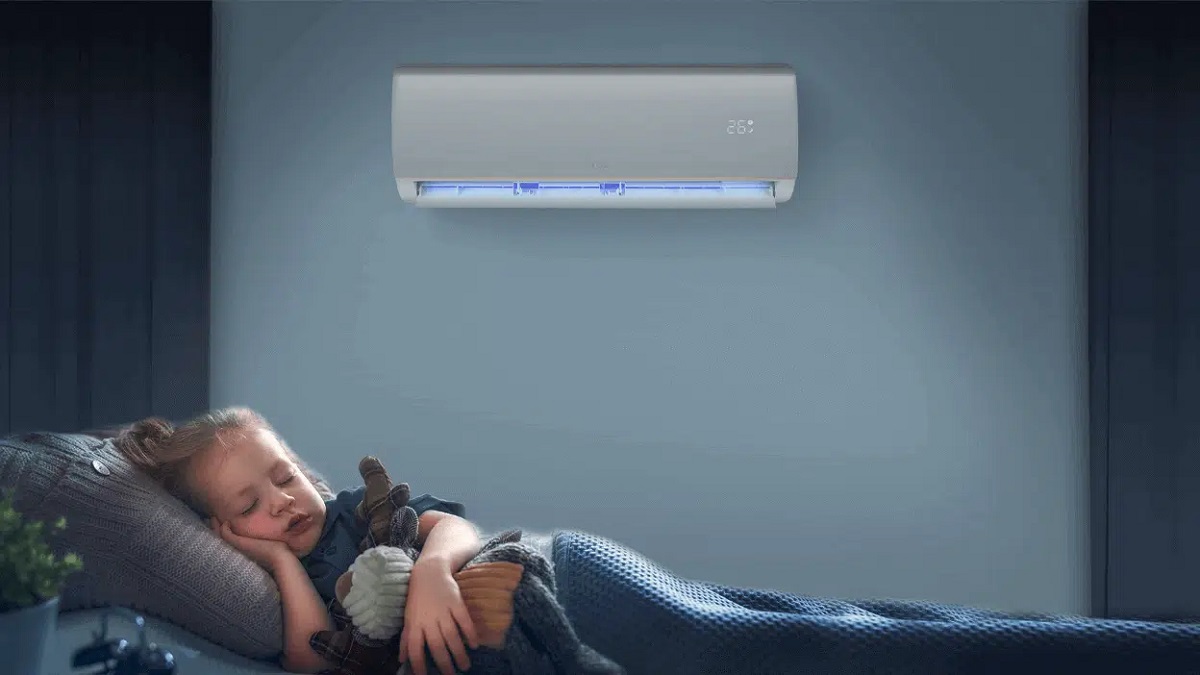

Interior Design
You Should Turn Off Your AC At Night, Say Sleep Experts
Modified: January 9, 2024
Sleep experts recommend turning off your AC at night for better sleep. Discover how interior design can help create a comfortable environment conducive to a good night's rest.
(Many of the links in this article redirect to a specific reviewed product. Your purchase of these products through affiliate links helps to generate commission for Storables.com, at no extra cost. Learn more)
Introduction
When it comes to getting a good night’s sleep, there are a variety of factors to consider. From choosing the right mattress to practicing relaxation techniques, individuals are constantly seeking ways to improve their sleep quality. However, one often overlooked aspect is the temperature of the bedroom. Many people rely on air conditioning to keep their bedrooms cool during hot summer nights, but there is a growing body of evidence suggesting that turning off your AC at night can be beneficial for sleep. In this article, we will explore the reasons why sleep experts recommend turning off your AC at night and provide tips for a comfortable sleep environment without relying solely on air conditioning.
Key Takeaways:
- Turning off your AC at night can improve sleep quality, save energy, and reduce environmental impact. Embrace alternative cooling methods for a comfortable and eco-friendly sleep environment.
- Experiment with breathable bedding, fans, and natural ventilation to create a cool and comfortable sleep environment without relying solely on air conditioning. Prioritize energy savings and environmental responsibility.
Benefits of turning off your AC at night
While air conditioning may seem like a necessity for a good night’s sleep, there are several significant benefits to turning off your AC at night. Let’s explore some of these benefits:
- Improved sleep quality: One of the primary reasons sleep experts recommend turning off your AC at night is that it can actually improve the quality of your sleep. When the body is exposed to consistent cold air throughout the night, it can lead to disrupted sleep patterns. The body’s natural temperature regulation system can be thrown off balance, leading to difficulty falling asleep and waking up frequently during the night. By allowing your body to experience a natural fluctuation in temperature, you are more likely to experience deeper, more restful sleep.
- Energy savings: Another significant benefit of turning off your AC at night is the potential for energy savings. Air conditioning units consume a considerable amount of electricity, and running them throughout the night can result in high energy bills. By turning off your AC, especially during mild nights or when temperatures dip, you can save on energy costs and contribute to a more sustainable environment.
- Reduced environmental impact: Along with energy savings, turning off your AC at night also reduces your carbon footprint by limiting the overall energy consumption. Air conditioning systems release greenhouse gases that contribute to climate change. By utilizing natural cooling methods instead of relying heavily on AC, you are taking a small yet meaningful step towards a greener lifestyle.
While these benefits may convince you to turn off your AC at night, it is important to note that individual preferences and local climate conditions should also be taken into account. Let’s explore some tips for sleeping comfortably without air conditioning.
Improved sleep quality
When it comes to achieving a restful night’s sleep, the temperature of your bedroom plays a crucial role. Your body naturally experiences a drop in core temperature as part of the sleep-wake cycle, signaling the onset of sleep. Keeping the bedroom too cold can disrupt this natural process.
During the sleep cycle, your body goes through different stages of sleep, including light sleep, deep sleep, and REM (rapid eye movement) sleep. Each stage has its own functions, and disruptions in temperature can impact the quality of these stages.
When the bedroom is too cold, your body may struggle to reach and maintain the deep sleep stage, which is essential for physical restoration and memory consolidation. This can result in waking up feeling groggy and unrested, even after a full night’s sleep.
Additionally, excessively cold temperatures can cause discomfort, leading to tossing and turning throughout the night. The body needs to be in a relaxed state to fully engage in sleep, and discomfort can prevent you from entering the deeper stages of sleep.
By turning off your AC at night, you allow your body to naturally regulate its temperature, creating an optimal sleep environment. As the night progresses, your body temperature may drop slightly, promoting better sleep quality and allowing you to wake up feeling refreshed and energized.
Keep in mind that the ideal sleeping temperature may vary from person to person. Generally, a bedroom temperature between 60 and 67 degrees Fahrenheit (around 15 to 19 degrees Celsius) is considered optimal for most individuals. However, it’s important to experiment and find what works best for you.
In addition to turning off your AC, there are other strategies you can implement to create a comfortable sleep environment. These include using breathable bedding materials, such as cotton or bamboo, wearing pajamas suitable for the temperature, and using fans or opening windows to promote air circulation, especially during cooler nights.
By prioritizing a comfortable sleep environment and allowing your body to naturally regulate its temperature, you can improve the quality of your sleep and wake up feeling rested and rejuvenated.
Energy savings
Aside from the potential benefits to sleep quality, turning off your AC at night can lead to significant energy savings. Air conditioning units consume a substantial amount of electricity, especially when running for extended periods. By reducing the usage of your AC during the night, you can reduce your overall energy consumption and contribute to a more sustainable lifestyle.
It’s estimated that air conditioning accounts for a significant portion of household energy usage, especially during warmer months. By turning off your AC at night, you can effectively cut down on this energy consumption and lower your utility bills. The savings can be particularly noticeable if you have an older or inefficient air conditioning unit.
Many modern air conditioning systems come equipped with programmable thermostats, which allow you to easily schedule temperature adjustments based on your daily routines. Setting the thermostat to increase the temperature or turn off the AC during the night can help you save energy without sacrificing comfort.
Additionally, by reducing your energy usage, you can also reduce your carbon footprint. Air conditioning units release greenhouse gases, contributing to climate change. By actively making an effort to use your AC less and exploring alternative cooling methods, you are taking a positive step toward a more eco-friendly lifestyle.
If you are concerned about discomfort or warmer nights without AC, consider utilizing other cooling methods that consume less energy. For example, you can use fans to circulate air and create a cooling breeze, or keep windows open during the night to allow for natural ventilation. Strategic use of blinds or curtains during the day can also help to block out sunlight and keep the room cooler.
It’s important to note that energy savings from turning off your AC at night may vary depending on your specific circumstances, such as climate, insulation quality, and personal preferences. However, by adopting energy-saving habits and embracing alternative cooling methods, you can make a valuable contribution towards conserving energy and reducing your environmental impact.
Consider using a fan instead of AC at night to save energy and reduce noise. Keep your bedroom cool by closing blinds during the day and opening windows at night.
Reduced environmental impact
Reducing our environmental impact is a critical responsibility in today’s world. By turning off your AC at night, you can play a part in minimizing the negative effects of air conditioning on the environment.
Air conditioning units contribute to greenhouse gas emissions, primarily through the use of refrigerants. These chemicals have a high global warming potential and can contribute to climate change. By limiting the use of your AC, especially during times when it’s not necessary, you can help reduce the release of these harmful substances into the atmosphere.
Additionlly, air conditioning requires a large amount of electricity to operate. Most electricity is generated through the burning of fossil fuels, which further contributes to greenhouse gas emissions and air pollution. By cutting back on AC usage, particularly at night when outdoor temperatures tend to be cooler, you can reduce your overall energy consumption and lessen the demand for fossil fuel-based power generation.
When considering the environmental impact of air conditioning, it’s essential to remember that there are alternative cooling methods that are more environmentally friendly. Natural ventilation, using fans, or utilizing passive cooling techniques can help keep your home cool without relying solely on AC.
Incorporating environmentally friendly habits and technologies into your home can further reduce your impact. For instance, investing in energy-efficient appliances, improving insulation, and making use of renewable energy sources like solar power can significantly decrease your overall energy consumption and carbon footprint.
Additionally, spreading awareness about the environmental impact of air conditioning and encouraging others to adopt energy-saving practices can create a broader positive impact. By taking the lead and demonstrating that it’s possible to have a comfortable sleep environment without excessive AC usage, you can inspire others to follow suit and contribute to a greener future.
Remember, every action counts when it comes to preserving our planet. By turning off your AC at night and exploring alternative cooling methods, you are taking an important step towards reducing your environmental impact and protecting the Earth for future generations.
Read more: Why Turn Off Your Porch Light At Night
Tips for sleeping without AC
If you’re ready to try sleeping without air conditioning, here are some tips to help you create a comfortable sleep environment:
- Use breathable bedding: Opt for bedding materials that promote airflow, such as cotton or bamboo. These fabrics are lightweight and allow for better ventilation, keeping you cool and comfortable throughout the night.
- Choose the right pajamas: Consider wearing loose-fitting, breathable pajamas that are appropriate for the temperature. Light, moisture-wicking fabrics like linen or cotton can help keep you cool and prevent sweating during the night.
- Create a cross breeze: Use fans strategically to circulate air and create a cooling effect. Position a fan near an open window to draw in fresh air and create a cross breeze in the room.
- Keep windows open: Open windows during the night, especially if the outside temperature is cooler than inside. This allows for natural ventilation and helps lower the overall temperature in the room.
- Block out sunlight: Use blackout curtains or blinds during the day to prevent sunlight from entering your room and heating it up. This will help keep the room cooler when it’s time to sleep.
- Utilize natural cooling methods: Take advantage of natural cooling methods, such as placing a bowl of ice or a damp towel in front of a fan. This creates a makeshift air conditioner that can help lower the temperature in the immediate area.
- Adjust your bedding: Consider using lighter sheets and blankets or even removing the top sheet altogether during warmer nights. This allows for better air circulation and can help you stay comfortable without the need for heavy covers.
- Stay hydrated: Drink plenty of water throughout the day and keep a glass of water by your bedside. Staying hydrated helps regulate body temperature and can contribute to a more comfortable sleep experience.
- Take a cool shower before bed: Cooling your body down before sleep can be an effective way to lower your core temperature and promote better sleep. Consider taking a lukewarm shower or using a wet towel to cool yourself down before getting into bed.
- Consider investing in a mattress with cooling properties: If you find that you struggle with overheating even without the AC, consider purchasing a mattress that has cooling features. These mattresses are designed to dissipate heat and regulate body temperature, ensuring a comfortable sleep experience.
Remember, everyone’s comfort levels and preferences are different. Experiment with different strategies to find what works best for you. With a little bit of planning and these tips in mind, you can create a cool and comfortable sleep environment without relying on air conditioning.
Utilizing alternative cooling methods
If you’re looking for ways to stay cool at night without relying on air conditioning, there are several alternative methods you can try. These methods can help create a comfortable sleep environment while minimizing energy consumption. Here are some effective ways to cool down your bedroom without AC:
- Fans: Fans can be a lifesaver when it comes to staying cool. Place a fan near your bed or in a strategic location to create a breeze. If possible, use multiple fans to enhance air circulation.
- Cooling mattress products: Consider investing in cooling mattress toppers, pillows, or sheets. These products are designed to wick away heat and promote better airflow, helping you stay cool throughout the night.
- Cross ventilation: Open windows on opposite sides of the room to create a cross breeze. This allows fresh air to circulate, replacing warm air and keeping your bedroom cool.
- Damp towels or sheets: Dampen a towel or sheet and hang it in front of an open window or fan. As the air passes through, it will create a cooling effect, lowering the overall temperature in the room.
- Ice packs or cold water bottles: Place ice packs or frozen water bottles near your bed to help cool down the immediate area. You can even wrap a cold water bottle in a towel and place it on your body to create a soothing sensation.
- Adjust lighting: Replace traditional incandescent light bulbs with energy-efficient LED bulbs. Incandescent bulbs emit more heat, making the room warmer. LED bulbs produce less heat, helping to keep the room cooler.
- Shut off electronics: Electronics generate heat, so during the night, turn off any unnecessary devices that may be contributing to the overall warmth of the room. This includes computers, TVs, and gaming consoles.
- Use cool water: Take a cool shower before bedtime to lower your body temperature. This can help cool you down, making it easier to fall asleep.
- Create shade: During the day, close curtains or blinds to block out direct sunlight. This can prevent heat from entering the room and help keep the temperature down.
- Utilize natural cool spots: Identify the coolest areas in your home, such as the basement or ground floor, and consider sleeping in those areas during particularly hot nights.
It’s important to remember that combining multiple cooling methods can be more effective than relying on just one. Experiment with different techniques to find what works best for you and adjust them based on the temperature and humidity levels in your area.
By utilizing alternative cooling methods, you can create a comfortable sleep environment without the need for air conditioning. Not only will you stay cool throughout the night, but you’ll also reduce your energy consumption and lessen your ecological impact.
Conclusion
While air conditioning has become a popular solution for keeping our bedrooms cool, sleep experts suggest that turning off your AC at night can have several benefits. By doing so, you can improve your sleep quality, save energy, and reduce your environmental impact.
Turning off your AC at night allows your body to naturally regulate its temperature, leading to a deeper and more restful sleep. It also promotes energy savings by reducing your overall electricity consumption and can help lower your utility bills. Furthermore, by minimizing the use of air conditioning, you contribute to a greener environment by reducing greenhouse gas emissions and the reliance on fossil fuels.
If you decide to turn off your AC at night, there are various tips and alternative cooling methods you can employ to create a comfortable sleep environment. From using fans and breathable bedding to utilizing cross ventilation and damp towels, these strategies can help keep you cool while minimizing energy usage.
It’s essential to remember that everyone’s comfort levels and preferences may vary, so it may take some trial and error to find the right combination of methods that work for you. Additionally, consider the local climate and specific circumstances of your home when deciding whether to turn off your AC at night.
By embracing these recommendations and exploring alternative cooling options, you can enjoy a good night’s sleep while reducing your environmental impact. Remember, the goal is to find a balance between comfort, energy efficiency, and sustainability. With a little creativity and awareness, you can create a sleep environment that promotes both restful nights and a greener planet.
Frequently Asked Questions about You Should Turn Off Your AC At Night, Say Sleep Experts
Was this page helpful?
At Storables.com, we guarantee accurate and reliable information. Our content, validated by Expert Board Contributors, is crafted following stringent Editorial Policies. We're committed to providing you with well-researched, expert-backed insights for all your informational needs.

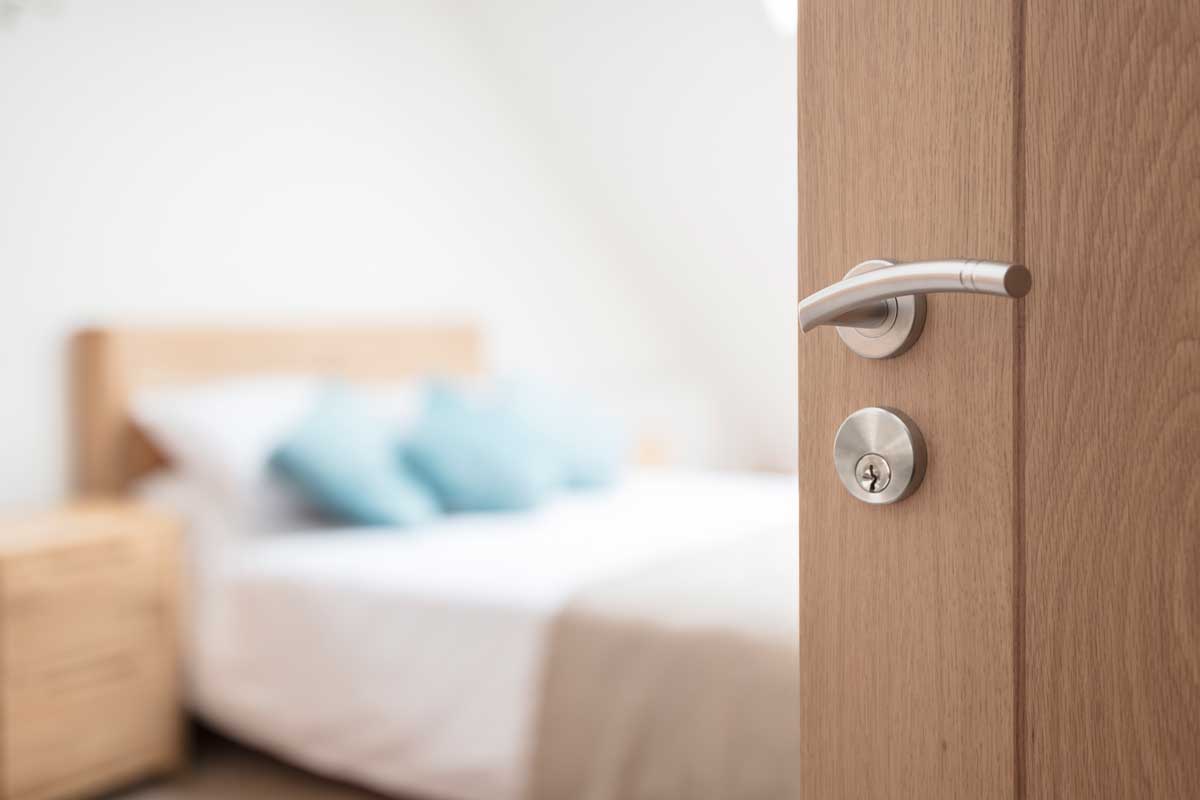





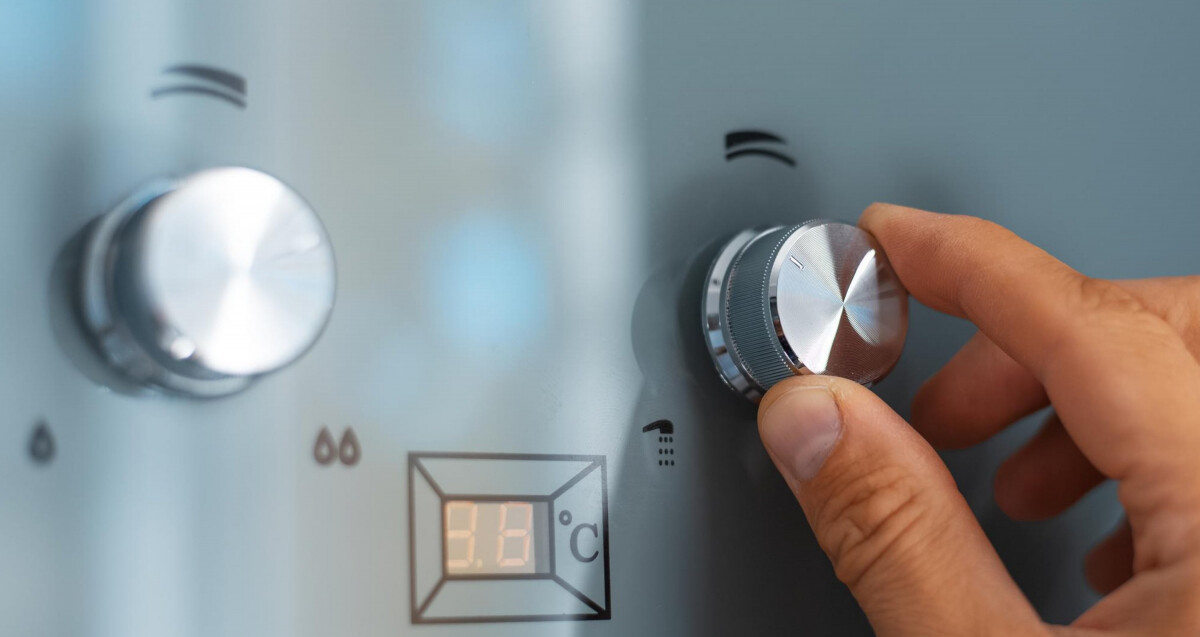
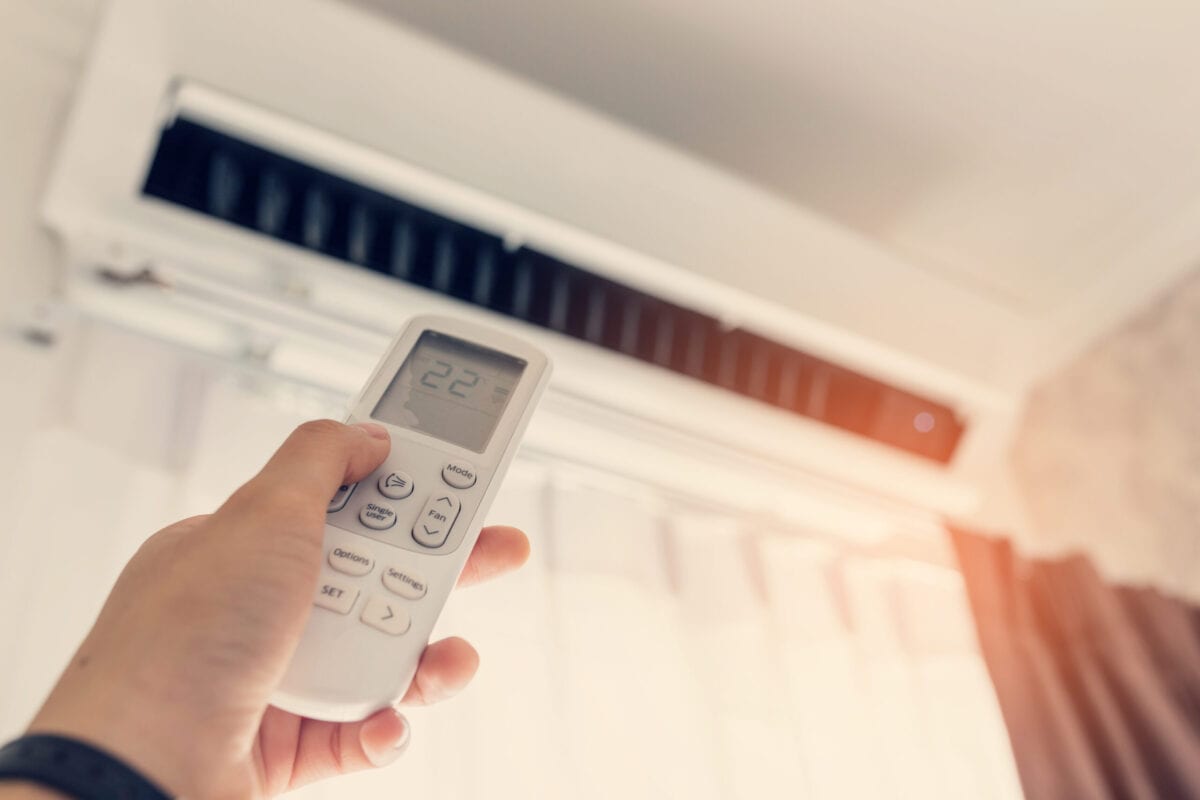
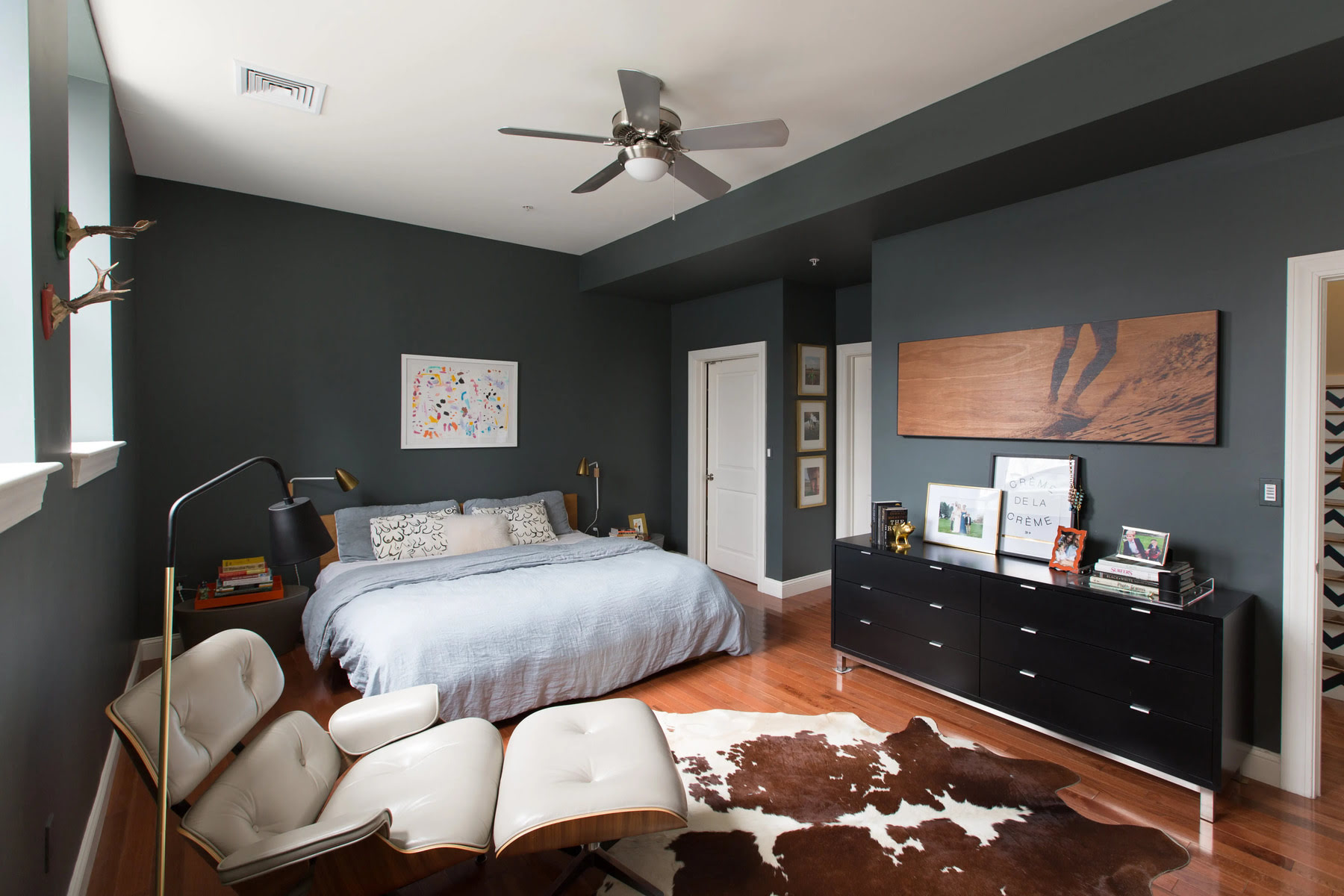
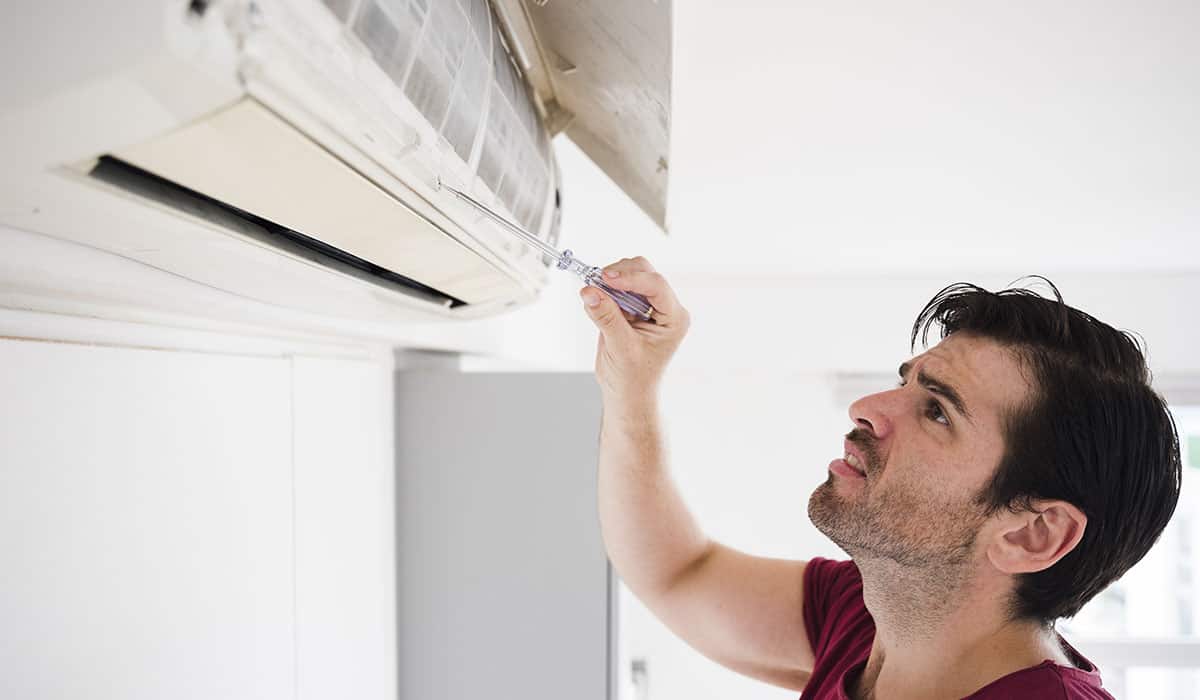




0 thoughts on “You Should Turn Off Your AC At Night, Say Sleep Experts”